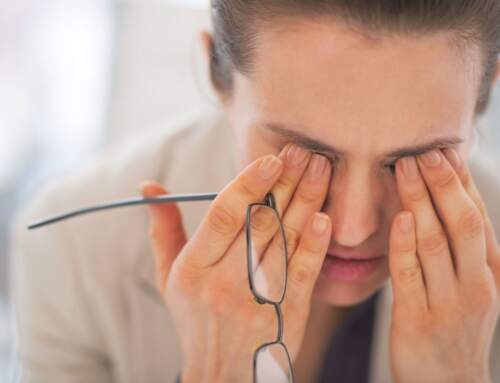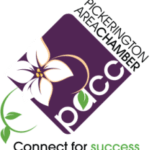Know Your Eyes And How To Take Care Of Them At 40
Do you find yourself holding books and magazines closer to your face and struggling to see your computer screen clearly. Don’t panic every forty-something is in the same boat. The lenses of the eyes naturally harden with age, which leads to difficulties seeing things close-up, says Stephanie J. Marioneaux, a physician and clinical spokesperson for the American Academy of Ophthalmology. This condition, called presbyopia, typically emerges between the ages of 39 and 42, and causes difficulty focusing, particularly on reading and other close-up activities. The change is most dramatic for people who had excellent, uncorrected distance vision. However, people who are nearsighted may find that their reading vision is better once they take their glasses off, Marioneaux says. (Here are the 8 worst things you can do to your eyes.)
Sight Saving Tips
Eat for eye health.
Unfortunately, there’s no way to slow or prevent presbyopia, but you can protect your vision in other ways through your diet, says Christopher J. Quinn, president of the American Optometric Association. “Eye-friendly nutrients including lutein, zeaxanthin, vitamins C and E, and essential fatty acids. Also zinc may reduce your risk of developing certain eye diseases such as macular degeneration,” he explains. Get them from foods such as brightly colored vegetables, fish, eggs, and nuts.
Visit an ophthalmologist.
You may have been getting eye exams from an optometrist up until now, and that’s perfectly fine: Optometrists are trained to perform eye exams and treat vision changes with glasses and contact lenses. However, if you’ve never seen an ophthalmologist—a medical doctor who specializes in surgical eye care and who can diagnose and treat eye diseases—it’s time to make an appointment. “The American Academy of Ophthalmology recommends that you get a baseline eye examination at age 40. This is the time when early signs of disease or changes in vision may occur” says Marioneaux. Once you’ve been evaluated, your ophthalmologist will determine your risk factors and a follow-up schedule that’s appropriate for you. Those with a family history of eye disease and health conditions such as diabetes may require more frequent visits.
Choose sunglasses wisely.
If you’ve made your picks based on fashion rather than function, it’s time to reprioritize. “Cumulative exposure to UV rays puts people at greater risk of premature eye aging and vision disorders, so it’s important to wear good quality sunglasses year-round,” Quinn says. Look for ones that block UVA and UVB radiation and screen out 75 to 90% of visible light.
Be wary of OTC reading glasses.
Experts say you should never buy drugstore glasses without getting an eye exam first. “If you get the wrong strength, you may experience eye strain, headaches, and nausea,” Quinn says. Plus, OTC reading glasses are designed for people who have the same prescription in both eyes and who don’t have astigmatism (a misshapen cornea), so they may do little to improve your near vision.
[…]





